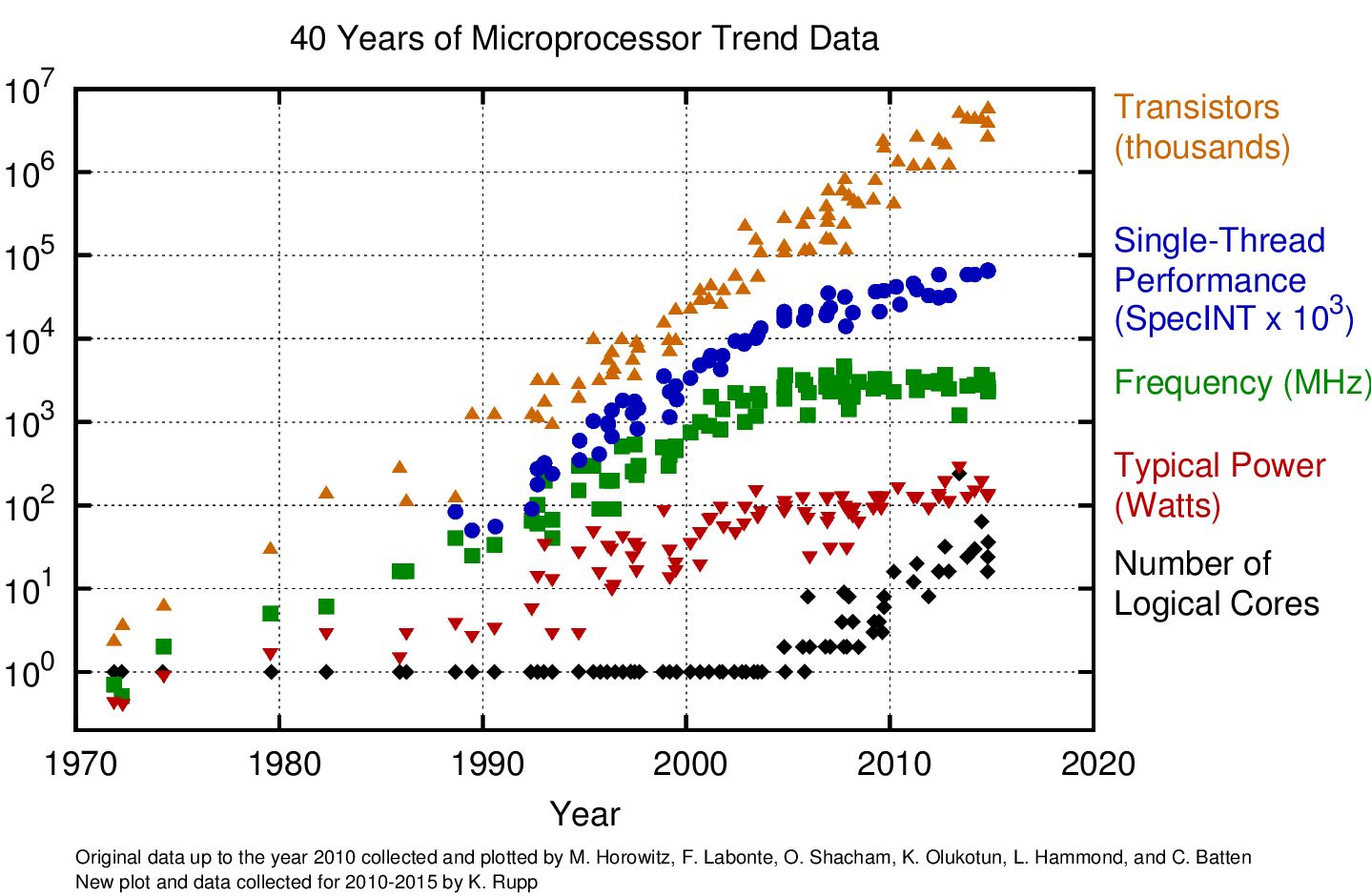Zarathustra[H]
Extremely [H]
- Joined
- Oct 29, 2000
- Messages
- 38,882
And unlike those "thin" laptops, this is a business level build and can withstand a lot more drops/abuse/etc.
Most the Latitudes I buy for the office easily withstand 3 years of heavy traveling and another 3-4 years handed down to someone in the office.
I have a stack of 8 year old dual core D830's that run fine with Windows 10. If I where to slap an SSD in them they would be very usable.
However they just look too old/clunky and are too heavy for anyone to accept using them
I don't own a personal laptop, as I have always been issued them through work. If I needed one though, I'd go for a Dell Latitude model in a heartbeat. Those are solid, well made laptops that can take a beating and keep on going, and easily upgradeable RAM/Drive/WLAN card seals the deal. (Though I am a little disappointed that the E6430s didn have a door for the RAM. I had to unscrew the cover. Still dead simple, but a small step backwards.
My current work HP Folio thingamajig (can't remember, see sig) has nothing on a good old Dell Latitude, despite being much newer and costing much more.
I mean, it is pretty, light and thin, but this means nothing to me.
![[H]ard|Forum](/styles/hardforum/xenforo/logo_dark.png)
